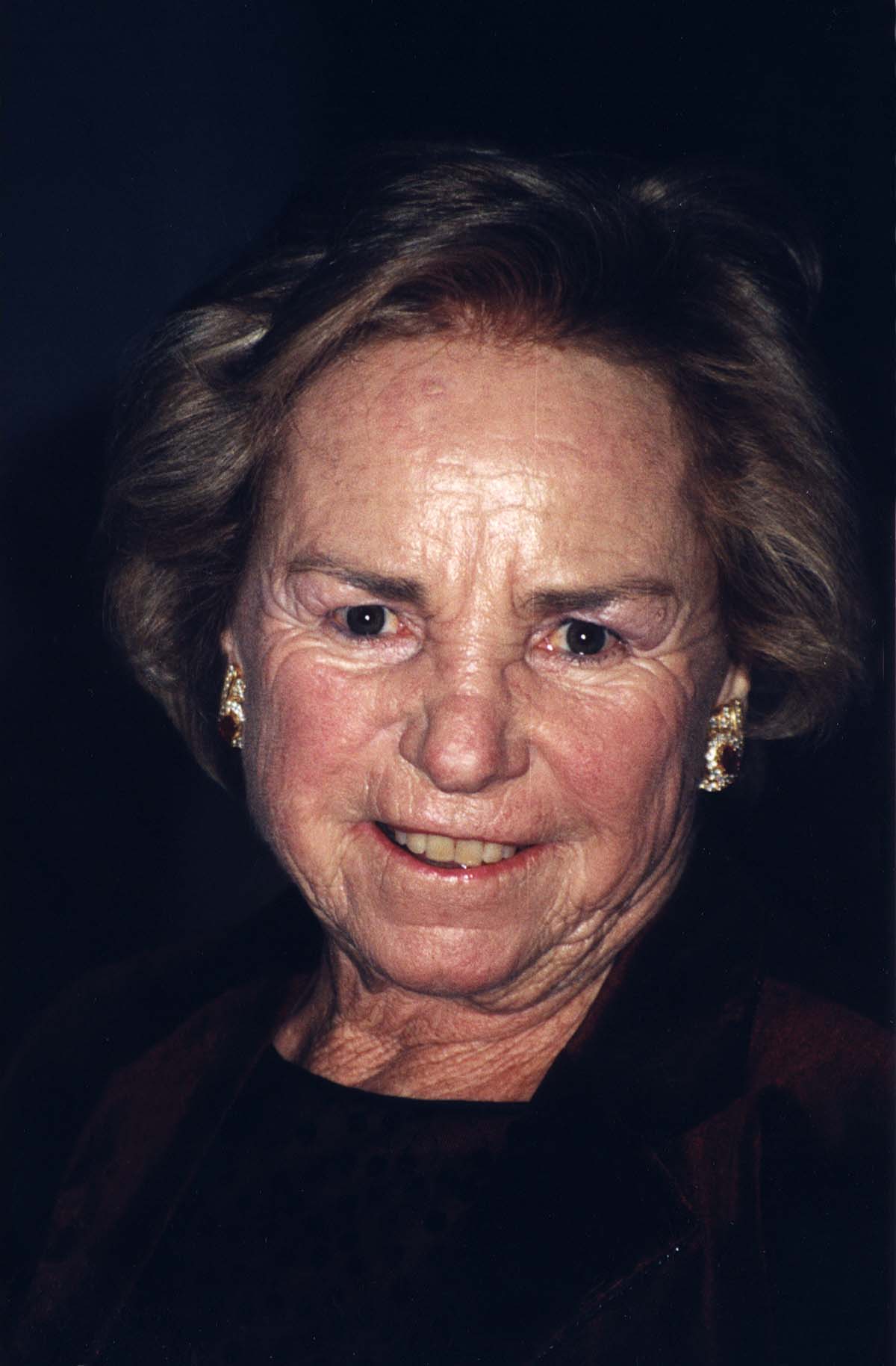
The life of Ethel Kennedy, who passed away on October 10, 2024, at the age of 96, represents a profound narrative of American resilience, dedicated public service, and an enduring spirit forged amidst extraordinary personal and public trials. As the widow of Senator Robert F. Kennedy and a matriarch of one of the nation’s most storied political families, her journey was inextricably linked to moments of national triumph and sorrow, shaping not only her own destiny but influencing the course of human rights advocacy for over half a century. Her passing marks the end of an era, but her legacy, characterized by unwavering resolve and a deep-seated commitment to justice, continues to resonate.
Ethel Kennedy’s remarkable ability to channel grief into a powerful force for good, transforming personal anguish into a lifetime of advocating for the voiceless and championing fundamental rights, stands as a testament to her unique character. From her early days as a society debutante to her role as a formidable activist, she navigated the complexities of political life and unimaginable loss with a distinctive blend of strength, grace, and an unshakeable moral compass. Her story offers a comprehensive look into a life lived in the public eye, yet deeply rooted in private conviction and faith.
This in-depth article will explore the pivotal moments and defining characteristics of Ethel Kennedy’s impactful life, examining how she emerged from profound personal tragedies to become a significant figure in her own right. We will delve into her origins, her partnership with Robert F. Kennedy, their shared political endeavors, and the immediate, transformative period following his assassination. Furthermore, we will illuminate her sustained dedication to social justice, the additional adversities she faced, and the enduring power of her faith, culminating in her final years and the lasting imprint she left on American society.
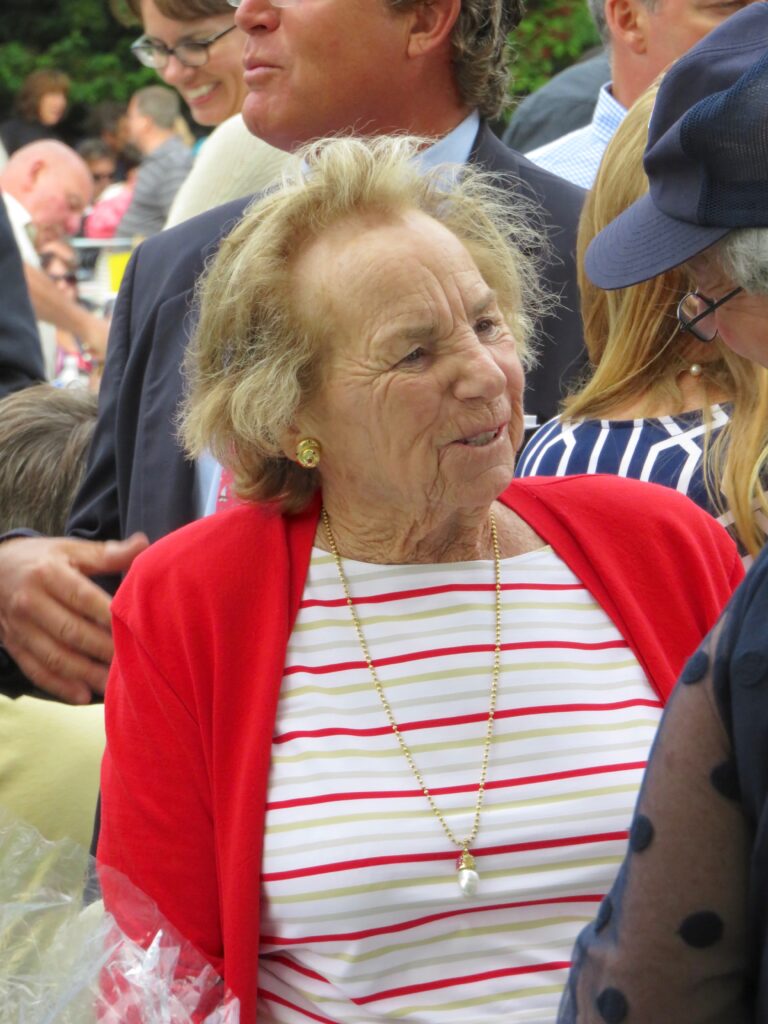
1. **Early Life and the Unforeseen Path to the Kennedy Dynasty**Born Ethel Skakel on April 11, 1928, in Chicago, Ethel’s origins were rooted in a wealthy family, with her father, George Skakel, having built a successful coal business. Her formative years were spent in Greenwich, Connecticut, a setting that provided a backdrop for her introduction to the man who would become her husband and define much of her public life. It was at a ski resort in Quebec in 1945, at the tender age of 17, that she first encountered Robert F. Kennedy.
At the time of their meeting, Robert F. Kennedy was dating Ethel’s older sister, Patricia, as noted in an official biography at the John F. Kennedy Presidential Library and Museum. This initial connection foreshadowed a profound shift in personal relationships that would eventually intertwine the Skakel and Kennedy families. The meeting set the stage for a relationship that would evolve into a marriage central to one of America’s most prominent political dynasties, marking the beginning of Ethel’s journey into the national spotlight.
Her background provided her with an upbringing characterized by privilege, yet it also instilled a certain demeanor and an engagement with societal expectations that would later be tested by unprecedented challenges. The transition from a relatively private, affluent life to the intense scrutiny accompanying a political family of the Kennedy’s stature was significant, and Ethel embraced it with a natural, assertive spirit that would become her hallmark.
Read more about: What Happened to Bridget Fonda? Unveiling the Enigmatic Retreat of a Hollywood Royal, From Silver Screen Stardom to a Deliberately Private Life

2. **Marriage to Robert F. Kennedy and the Growth of a Family**Five years after their initial meeting, on June 17, 1950, “Bobby and Ethel” were married at St. Mary’s Catholic Church in Greenwich, Connecticut. This union marked the official beginning of a partnership that would quickly expand into a large and vibrant family, a cornerstone of their shared life and public image. Their first child, Kathleen, was born shortly thereafter, on July 4, 1951, initiating a rapid expansion of their household.
By 1956, the young couple, already with a growing family, had established their home in a sprawling Virginia mansion they acquired from Robert’s brother, John F. Kennedy. This residence became a hub for the lively and expansive Kennedy clan, reflecting a domestic life that was both traditional in its Catholic foundations and dynamically interwoven with the rising political careers of its members. The sheer size of their family—eventually reaching 11 children—became a notable aspect of their public persona.
Ethel’s role as the mother of such a large family, coupled with her husband’s demanding political career, underscored her organizational skills and maternal dedication. The early years of their marriage were characterized by this domestic growth alongside Robert F. Kennedy’s increasing public profile as chief counsel to the Senate Select Committee, demonstrating Ethel’s capacity to manage a bustling home while supporting her husband’s burgeoning career.
Read more about: Ethel Kennedy: A Legacy of Resilience and Righteousness, Reflected in a Name of Enduring Nobility
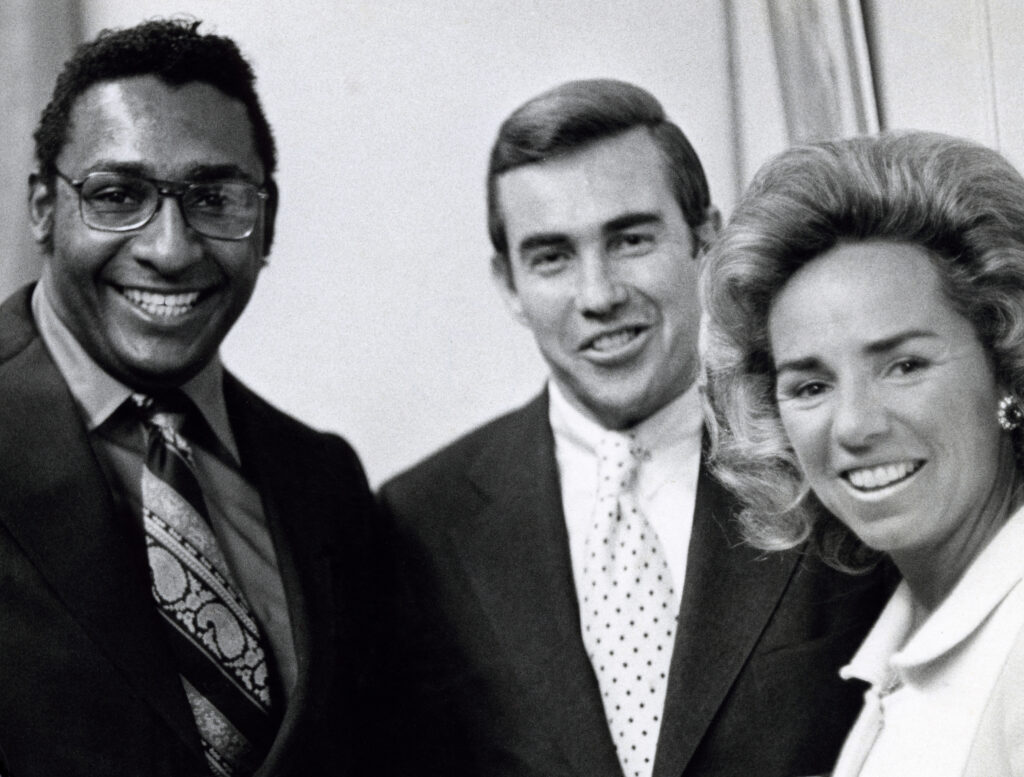
3. **Engaging in National Politics: The Ascendant Kennedy Era**Like other members of the family, Ethel Kennedy immersed herself actively in John F. Kennedy’s presidential campaign, which culminated in his election in 1960. Her energetic participation in the campaign trail and her enthusiastic support for the Kennedy political agenda signaled her full embrace of the public life that came with being a part of this prominent family. Following John F. Kennedy’s victory, her husband, Robert F. Kennedy, was appointed Attorney General, further elevating their national prominence.
During her husband’s tenure as Attorney General, Ethel continued to be a visible and supportive figure. This period placed her at the heart of significant political developments and national conversations, as Bobby played a crucial role in his brother’s administration. She was not merely a spouse but an active participant and a committed advocate for the causes her husband pursued, embodying the collective ambition and dedication of the Kennedy family to public service.
This era, marked by the youthful vigor of the Kennedy administration, saw Ethel at the center of a dynamic political and social landscape. Her presence, often alongside her husband, conveyed a sense of unity and purpose, projecting an image of a family deeply invested in the nation’s future. The blend of their personal lives with their profound public responsibilities began to cement Ethel’s image as an integral part of the Kennedy political machine.
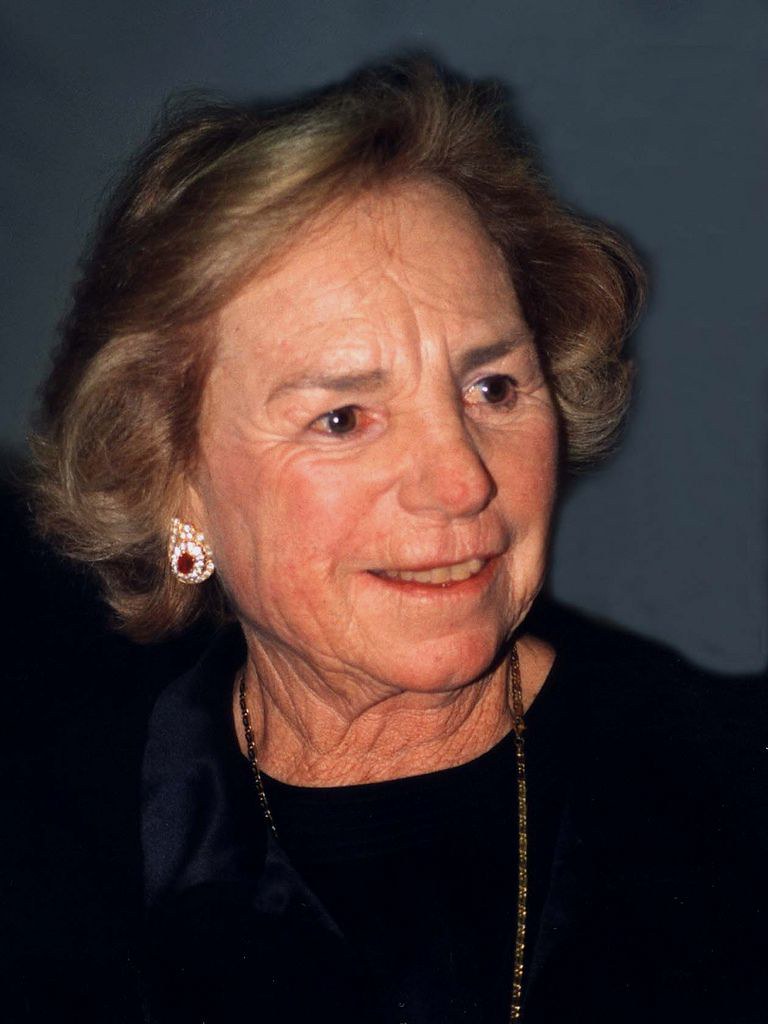
4. **Robert F. Kennedy’s Presidential Campaign: A Fervent Believer**Following the profound tragedy of John F. Kennedy’s assassination in 1963, Robert F. Kennedy embarked on his own political trajectory, successfully running for the United States Senate from New York. This marked a new chapter in the Kennedy family’s engagement with public life, with Ethel consistently by his side, providing unwavering support for his endeavors. His subsequent decision to launch a presidential campaign in 1968 was met with her profound backing.
Ethel Kennedy was described by RFK biographer Evan Thomas in “Robert Kennedy: His Life” as “always his most fervent believer” and “the most consistent advocate of a race for the White House.” This description highlights her deep conviction in her husband’s capabilities and her role in encouraging his highest political aspirations. Despite the inherent dangers and the recent family tragedy, her resolve remained firm, demonstrating a remarkable strength of will and optimism.
Her dedication was not merely passive support; it was an active and passionate commitment that fueled his campaign. The context notes that “If she harbored private thoughts of becoming a widow, she did not discuss them,” underscoring her focus on the present political battle and her husband’s vision for the country. Ethel’s energy and belief were crucial components of the campaign, which saw Robert F. Kennedy emerge as a leading contender for the presidency.
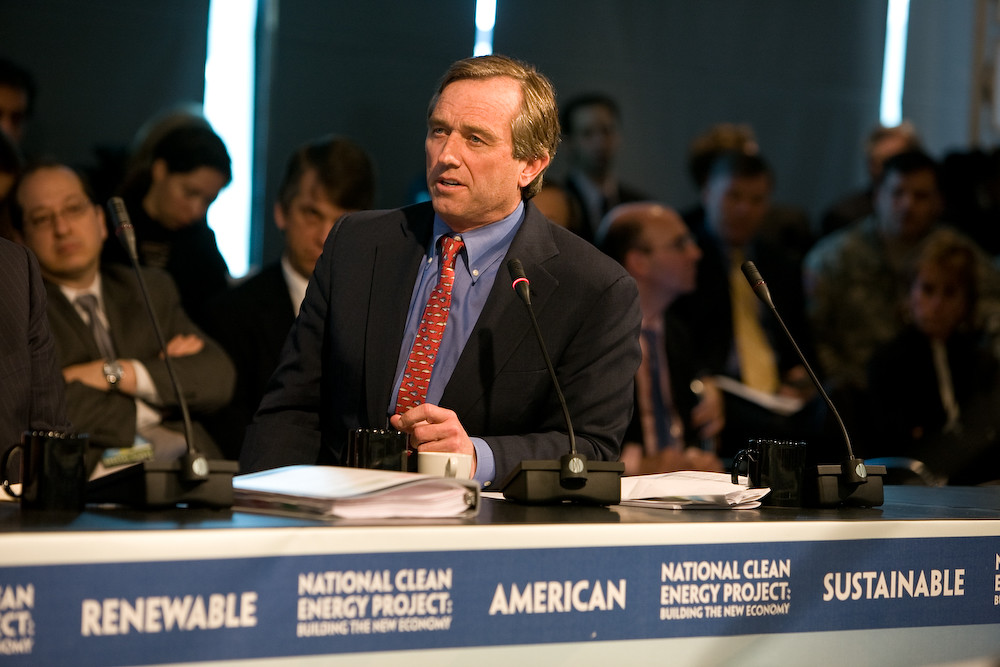
5. **The Unspeakable Loss: Robert F. Kennedy’s Assassination**The night of June 5, 1968, brought an unspeakable tragedy to Ethel Kennedy, as her husband, Robert F. Kennedy, was fatally shot in the kitchen of the Ambassador Hotel in Los Angeles. This devastating event occurred just after he had secured a pivotal victory in California’s Democratic presidential primary, poised to continue his path towards the White House. Ethel was by his side at the moment of this horrific attack, experiencing a loss that echoed the earlier assassination of her brother-in-law, President John F. Kennedy.
This moment of profound national sorrow was, for Ethel, an intensely personal catastrophe that thrust her into an unimaginable state of grief. The context notes that “Our family and our country suffered an unspeakable loss due to the inhumanity of one man,” words that Ethel herself would later use to articulate the depth of the tragedy. The assassination left her a widow with a large family, including one child yet to be born, facing a future irrevocably altered by violence.
The immediate aftermath was characterized by immense public mourning and private devastation. The loss of her husband, a man she had supported so fiercely and believed in so deeply, represented a seismic shift in her life’s trajectory. This event, occurring less than five years after John F. Kennedy’s death, further cemented the Kennedy family’s association with profound tragedy, placing Ethel at the center of a national narrative of loss and perseverance.
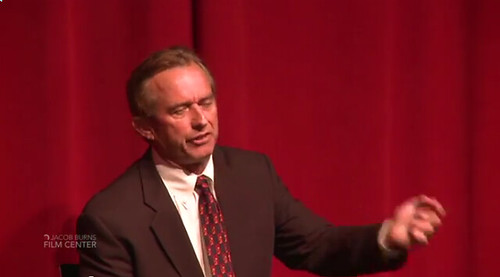
6. **A New Beginning Amidst Grief: Rory’s Birth and the Founding of the RFK Center**Just six months after the assassination of her husband, Ethel Kennedy gave birth to their eleventh child, Rory. This birth represented a poignant moment of new life emerging from the depths of profound grief, a testament to the continuation of the family line and a symbol of hope amidst sorrow. The arrival of Rory marked the final expansion of her immediate family, placing additional responsibilities upon Ethel as she navigated her widowhood.
Around the same time as Rory’s birth, in October 1968, Ethel Kennedy channeled her immense grief and her husband’s ideals into concrete action by founding the Robert F. Kennedy Center for Justice and Human Rights. This organization was established with the explicit purpose of honoring her husband’s dedication to human rights and public service, supporting programs for rights advocates around the world. It was a decisive move to transform personal tragedy into a lasting force for social good.
The founding of the RFK Center was more than just a memorial; it was a continuation of the work and principles that Robert F. Kennedy had championed throughout his life. Ethel threw herself into working for some of the same causes her husband had advocated, establishing a tangible legacy that would extend his influence far beyond his premature passing. This act demonstrated her remarkable strength and her unwavering commitment to justice, laying the groundwork for her own distinguished career as a human rights advocate.” , “_words_section1”: “1948
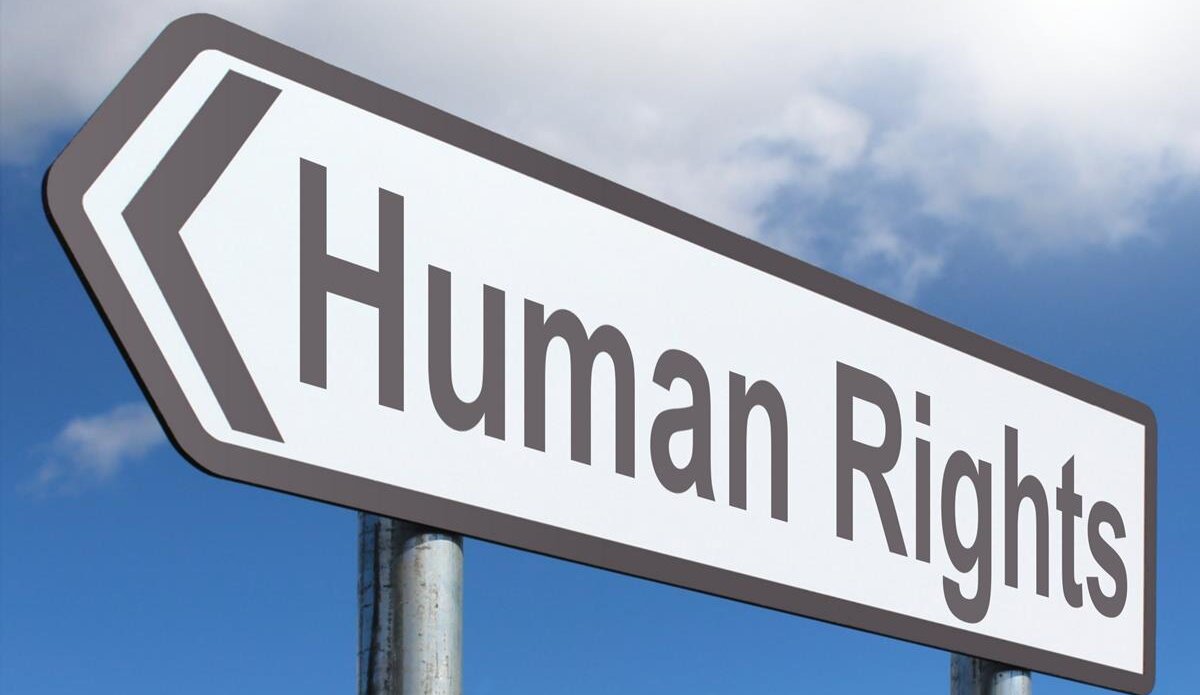
7. **An Enduring Commitment to Public Service and Human Rights**Following the establishment of the Robert F. Kennedy Center for Justice and Human Rights in 1968, Ethel Kennedy’s dedication to public service did not wane; rather, it intensified, evolving into a sustained and impactful career in human rights advocacy. Her efforts extended far beyond the immediate memorialization of her husband, solidifying her reputation as a formidable champion for the voiceless and a tireless advocate for justice on a global scale. This period marked her emergence as a significant public figure in her own right, celebrated for her unwavering resolve.
Her commitment manifested through active involvement in numerous causes, including her prominent role as co-chair of the Coalition of Gun Control. Ethel Kennedy immersed herself in various human rights organizations, diligently working to advance the principles her husband had championed. Her daughter, Kerry Kennedy, attested to this lifelong dedication, stating, “For more than half a century, my mom has been a champion for justice, standing with human rights defenders around the globe.” This tireless work often involved direct engagement with those most in need, demonstrating a hands-on approach to activism.
Ethel Kennedy’s extensive contributions were formally recognized in 2014 when President Barack Obama awarded her the Presidential Medal of Freedom. At the ceremony, Obama praised her for going “to extraordinary lengths to build support for causes close to her heart.” Her advocacy was characterized by personal courage and tenacity, evident in actions such as breaking bread with Cesar Chavez, marching with the Immokalee farm workers, and even advocating before a Kenyan dictator for justice for human rights activists. She once articulated her ethos, stating, “For anyone to achieve something, he must show a little courage. You’re only on this earth once. You must give it all you’ve got.”
Read more about: Jimmy Kimmel’s Resilient Return: Navigating Suspension, Political Pressure, and the Enduring Fight for Free Speech in Hollywood
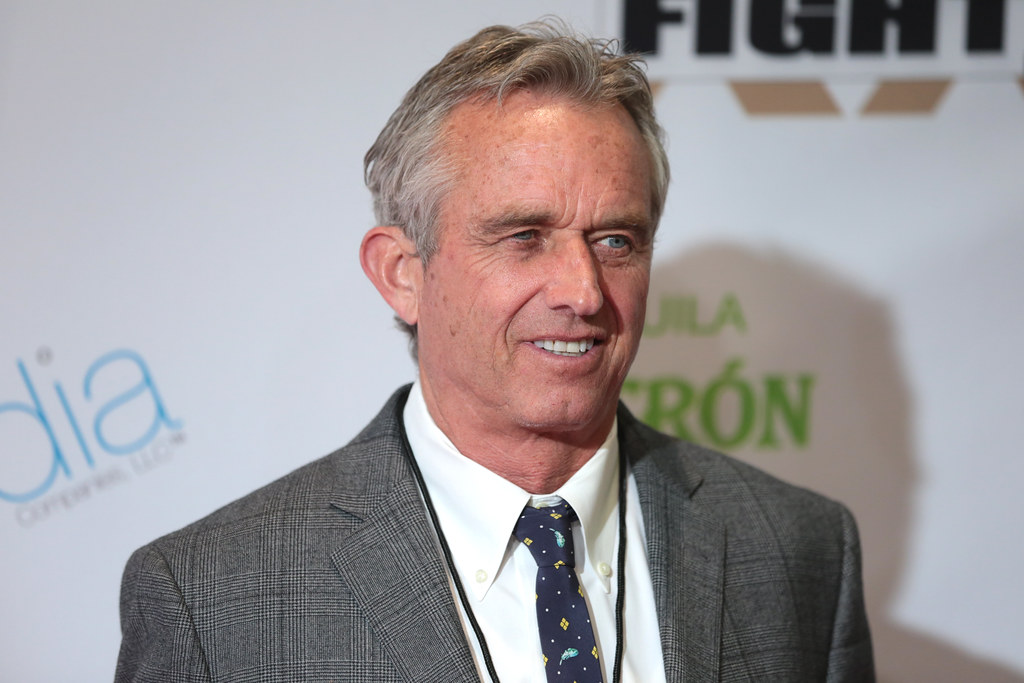
8. **Navigating Profound Personal Tragedies in Decades of Adversity**The period following Robert F. Kennedy’s assassination in 1968, while marked by Ethel Kennedy’s burgeoning commitment to public service, was also shadowed by a succession of profound personal misfortunes that tested her resilience repeatedly. Her life, already touched by tragedy with the loss of her parents in a 1955 plane crash, became a stark illustration of the Kennedy family’s enduring association with public and private sorrow. These subsequent losses required immense fortitude and an unwavering spirit to navigate.
Among the most heartbreaking of these events were the deaths of two of her own children. In 1984, her son David was found dead of a drug overdose in a Palm Beach, Florida, hotel room, a devastating loss that underscored the deep-seated challenges facing the family. Thirteen years later, in 1997, her son Michael tragically died in a skiing accident, adding another layer of grief to an already burdened life. These losses were deeply personal and widely publicized, placing her at the center of national mourning.
The family’s trials continued with the death of her nephew, John F. Kennedy Jr., and his wife, Carolyn, who perished in a plane crash in 1999 while en route to her daughter Rory’s wedding. This event cast a somber pall over what should have been a joyous occasion, further cementing the family’s narrative of continuous loss. More recently, in 2019, her 22-year-old granddaughter, Saoirse Kennedy Hill, died of a drug overdose, a sorrow that reverberated through the family. Her grandson, Joe Kennedy III, also acknowledged the losses of her daughter-in-law Mary, granddaughter Maeve, and great-grandchildren Gideon and Josie.
These accumulated tragedies led family friend Philip Johnson, founder of the Robert F. Kennedy Foundation, to remark, “One wonders how much this family must be expected to absorb.” Ethel Kennedy’s capacity to continue her work and maintain her public demeanor amidst such overwhelming private pain became a testament to her extraordinary strength and the deep wellspring of her inner resources.
Read more about: Celine Dion’s Unprecedented Revelation: The True Story Behind 14 Years of Silence and Her Stiff Person Syndrome Battle
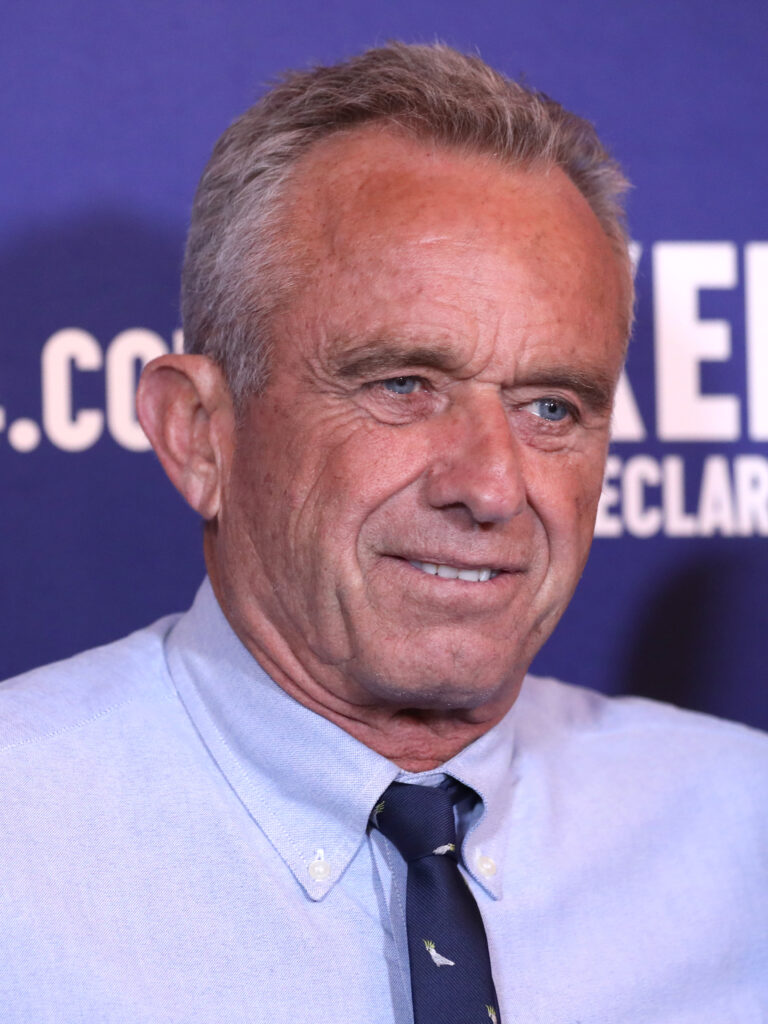
9. **An Unwavering Catholic Faith as a Pillar of Strength**Throughout the decades of both public service and profound personal adversity, Ethel Kennedy’s unwavering Catholic faith emerged as a central pillar of her strength and resilience. Her spiritual conviction was not merely a private practice but a palpable force that sustained her through periods of unimaginable grief and provided a framework for her life’s purpose. This deep-seated belief system offered comfort and continuity, particularly in the face of sudden and devastating losses.
Her grandson, Joe Kennedy III, spoke to the profound role of her faith, describing her as “a devout Catholic and a daily communicant.” This consistent engagement with her spirituality was a fundamental aspect of her daily existence, grounding her amidst the turbulent events of her life. It was through this faith that she found the capacity to persevere, turning personal anguish into a driving force for positive change, embodying a profound example of spiritual fortitude.
Ethel Kennedy herself articulated how her faith provided solace in the immediate aftermath of her husband’s assassination. In a 2012 discussion, she reflected, “I pretty well lived in the moment. And I was blessed with faith.” She further shared the intimate comfort derived from her belief, stating, “I’d wake up in the morning and think he was happy in heaven, and he had Jack — and they were together as they had been together on earth.” This perspective allowed her to envision a reunion beyond earthly pain, offering a profound source of peace. She added, “I didn’t think how I would survive. I knew it would happen, but I didn’t know how,” illustrating the visceral nature of her grief while underscoring her reliance on faith to navigate the unknown.
Read more about: The Unseen Tapestry: Exploring the Rich History and Remarkable Legacies of Women Named Barbara, Featuring Barbara Eden

10. **The Sirhan Sirhan Parole Battles and Enduring Resolve**Decades after the tragic night of June 5, 1968, the profound personal pain of Robert F. Kennedy’s assassination was thrust back into the public domain for Ethel Kennedy, requiring a renewed display of her formidable resolve. In 2021, a California parole board recommended, for the first time, the release of Sirhan Sirhan, her husband’s killer. This development, occurring when Ethel Kennedy was 93 years old, necessitated her public objection, demonstrating her enduring commitment to justice and memory.
Her response was swift and unequivocal, articulated in powerful words that underscored the lasting impact of the tragedy. “Our family and our country suffered an unspeakable loss due to the inhumanity of one man,” she wrote. Her statement continued, asserting, “We believe in the gentleness that spared his life, but in taming his act of violence, he should not have the opportunity to terrorize again.” This declaration conveyed a measured yet firm stance, advocating for a balance between mercy and the imperative to prevent further harm, reflecting both a deeply personal conviction and a broader concern for public safety.
Ethel Kennedy’s position was supported by six of her surviving children—Joseph P. Kennedy II, Courtney Kennedy, Kerry Kennedy, Christopher G. Kennedy, Maxwell T. Kennedy, and Rory Kennedy—who publicly backed her objection to Sirhan’s release. Their collective stance underscored the family’s united front in preserving the memory and legacy of Robert F. Kennedy, ensuring that the gravity of his murder was not diminished by time. California Governor Gavin Newsom ultimately agreed with Ethel Kennedy’s appeal, blocking Sirhan’s release from prison in 2022. When Sirhan again sought parole in March 2023, his bid was once more denied, a testament to the enduring influence of Ethel Kennedy’s voice and the collective memory of the family’s profound loss.
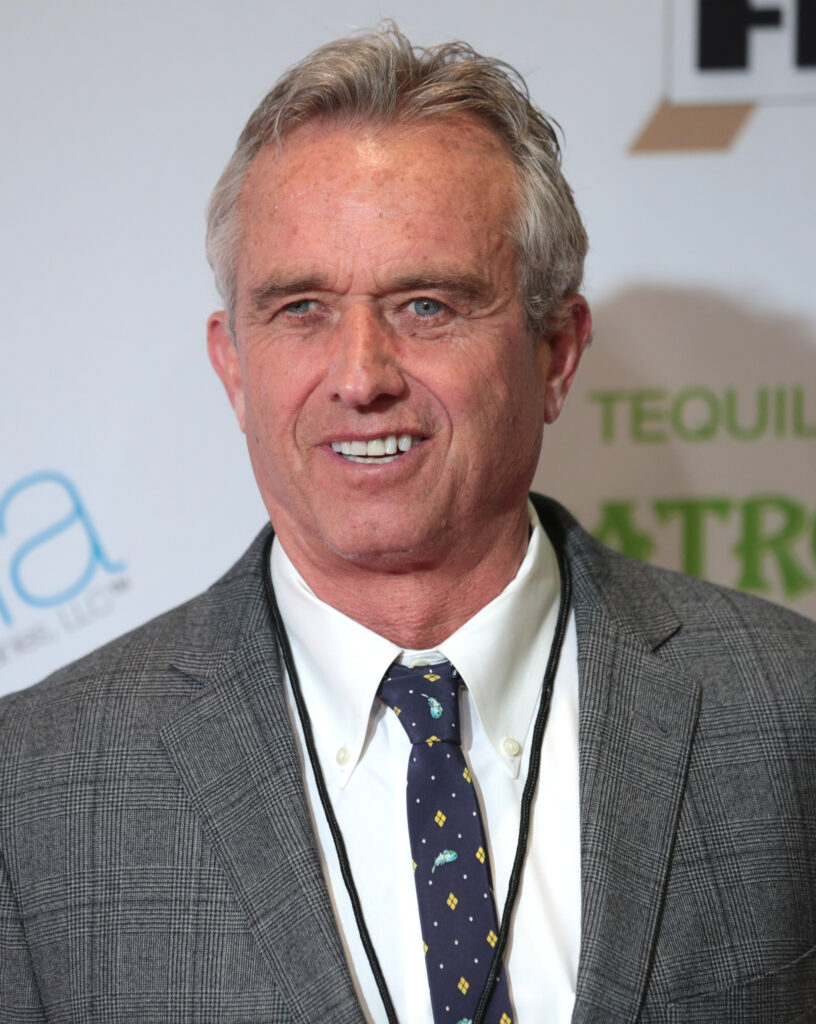
11. **Her Final Years and the Sustaining Power of Family**Ethel Kennedy’s final years were characterized by a continued engagement with her cherished family and a quiet dignity that belied the extraordinary challenges she had faced. She passed away on October 10, 2024, at the age of 96, from complications following a stroke suffered the previous week. Her grandson, former Rep. Joe Kennedy III, shared the news with profound sentiment, noting that the family had gathered by her bedside, ensuring she was surrounded by love in her final moments.
Joe Kennedy III’s statement conveyed the peaceful nature of her passing, describing her as “comfortable” and receiving “the best care possible,” surrounded by her loved ones. This moment of farewell underscored the deep bonds she had forged throughout her life, particularly with her extensive progeny. President Joe Biden, in his own tribute, recognized her as an individual who “had a spine of steel and a heart of gold that inspired millions of Americans,” further noting that she had taught him and his sons “how to channel grief into the service of a greater good.” These commendations reflected her enduring impact.
Ethel Kennedy leaves behind a formidable legacy in her family, survived by nine of her eleven children, 34 grandchildren, and 24 great-grandchildren, along with numerous nieces and nephews. She never remarried after Robert F. Kennedy’s death, though she was often seen with family friend and singer Andy Williams in the 1970s, a connection he clarified was not romantic. Her children and grandchildren have carried forward her and Robert’s commitment to public life, with many holding prominent roles in politics, law, and human rights, demonstrating the lasting influence of the matriarch on future generations.
Read more about: Beyond the Hull: Decoding the U.S. Navy’s Path Forward – A Deep Dive into Admiral Caudle’s Vision and the ‘USS’ Legacy
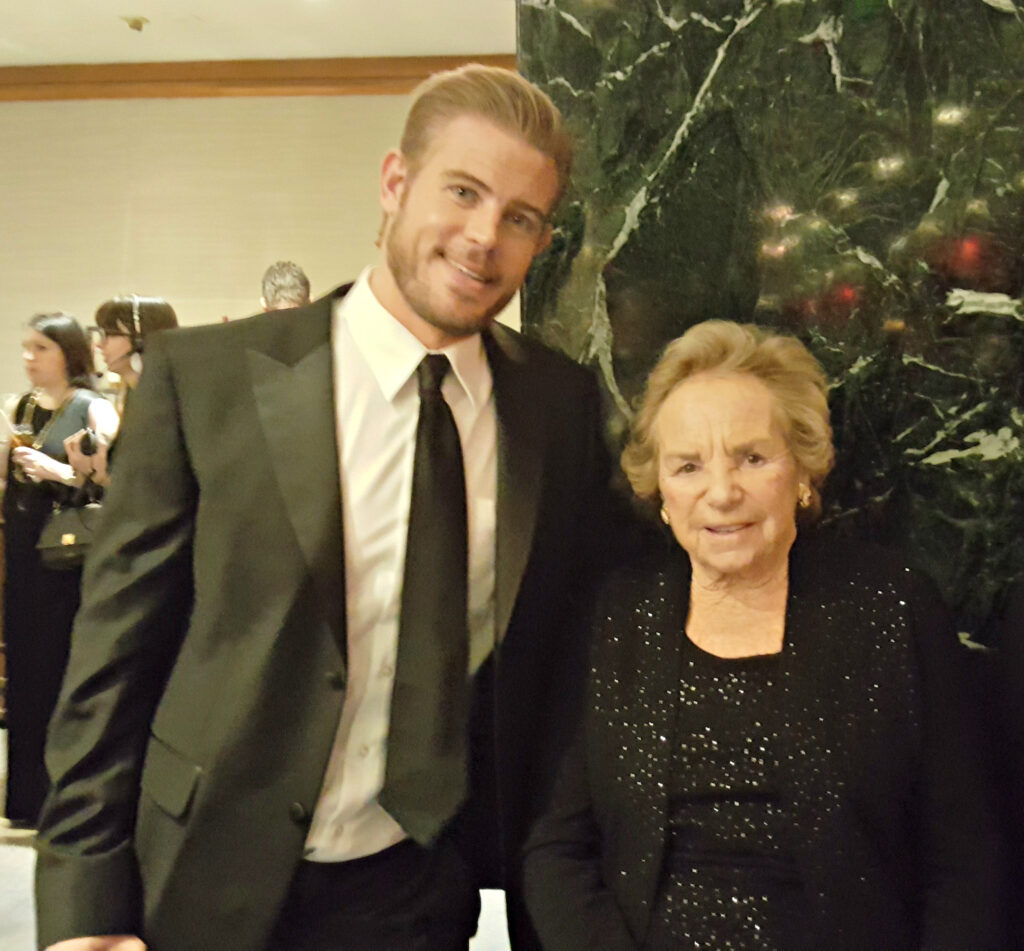
12. **A Matriarch’s Lasting Impact and American Icon Status**Ethel Kennedy’s passing at 96 years old marked the end of an era, but her legacy as a matriarch of one of America’s most prominent families and a tireless advocate for justice endures. She ascended to the status of an American icon, recognized not only for her proximity to power and tragedy but for her distinct strength of character and unwavering moral compass. Her journey became synonymous with a unique blend of resilience, optimism, and unwavering dedication to service, shaping the national consciousness for generations.
President Joe Biden aptly summarized her enduring stature, describing her as “an American icon — a matriarch of optimism and moral courage, an emblem of resilience and service.” Her ability to channel unimaginable grief into a half-century of advocacy distinguished her. As President Obama noted, “For over 50 years, Ethel traveled, marched, boycotted, and stood up for human rights around the world with her signature iron will and grace,” becoming “an emblem of enduring faith and hope, even in the face of unimaginable grief.” This persistent commitment to justice, often undertaken without fanfare, defined her public life.
Ethel Kennedy was one of the last remaining members of a family generation that included President John F. Kennedy, a lineage intertwined with pivotal moments in American history. Her life story is a testament to the capacity of the human spirit to confront profound sorrow with remarkable fortitude, transforming personal loss into a catalyst for societal betterment. Her unwavering belief in public service, rooted in a deep Catholic faith, served as an inspiration to her vast family and countless others. As her niece Maria Shriver reflected, “It’s impossible to put her life in a caption,” acknowledging the sheer breadth and depth of a life so singularly lived, leaving an indelible mark on the nation’s conscience and history.



